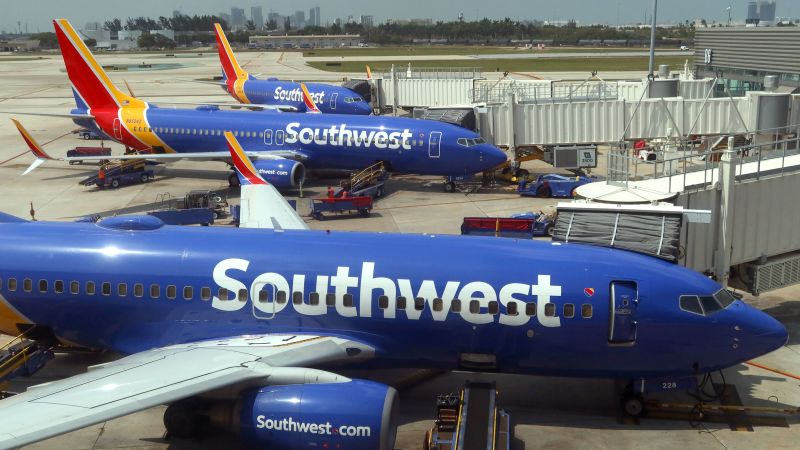Southwest Airlines announced significant changes to its business and boarding process, with the introduction of reserved seating and premium seating options in late 2025 and early 2026, respectively. This marks a major departure from the airline’s traditional open seating model that has been in place for over 50 years. The decision to implement these changes was made in response to pressure from activist shareholders, particularly Elliott Investment Management, who are seeking to improve the airline’s profitability.
The shift to assigned seating will allow passengers to book specific seats for their flights, a feature that is already available on most other airlines. Southwest hopes that this change will appeal to the majority of its customers who prefer assigned seats. The decision to delay the rollout of assigned seating until 2026 may disappoint some passengers who were looking forward to this option sooner. The airline also plans to introduce premium seating with more legroom, although details about its availability were not provided during the announcement.
In addition to the changes in seating options, Southwest Airlines is also planning to expand its partnership with foreign airlines to offer its passengers more international flight options. The first partnership will be with Icelandair, connecting at the Baltimore-Washington International Airport hub. Despite this expansion, Southwest will continue to allow passengers to check up to two bags for free, a policy that has been a major selling point for the airline and a key differentiator from its competitors.
Southwest’s commitment to its “bags fly free” policy is based on the belief that charging for bags could negatively impact demand and ultimately outweigh any potential revenue gains. The airline’s CEO, Robert Jordan, highlighted the importance of this policy in attracting and retaining customers, emphasizing that it is a top factor considered by passengers when choosing Southwest. The decision to maintain this policy reflects Southwest’s focus on customer satisfaction and loyalty.
As part of its plans to improve profitability, Southwest also announced a $2.5 billion share repurchase program, aimed at returning value to shareholders. The airline’s stock price rose more than 6% in premarket trading following the announcement. Southwest’s focus on efficiency, including improving turnaround times for planes on the ground, is another key component of its profitability strategy. These initiatives, along with the introduction of reserved seating and premium options, represent a significant shift in Southwest’s business model and a response to changing market dynamics and competitive pressures.


